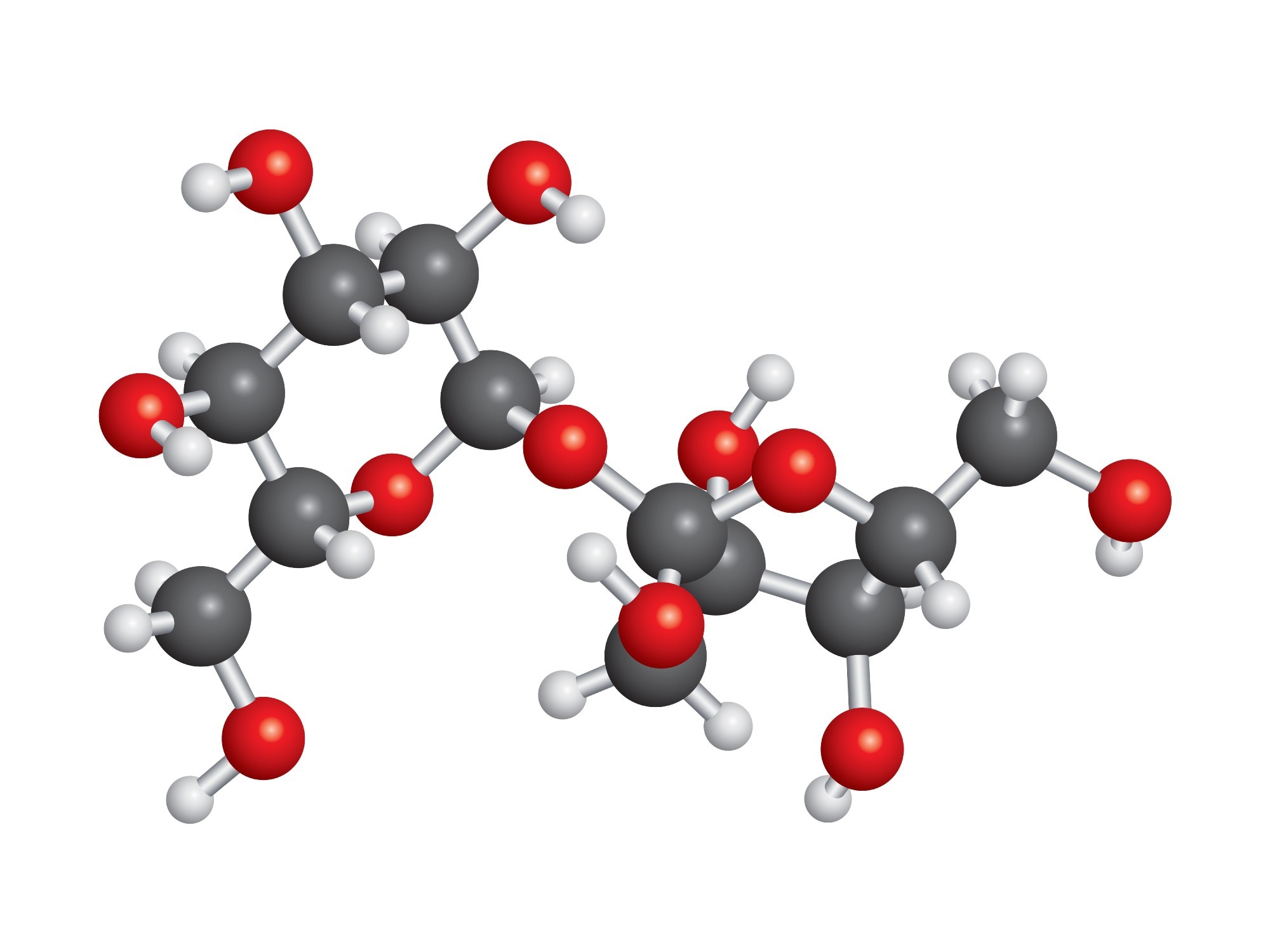Polymers in Construction: Stronger, Less heavy, and Extra Sturdy
Polymers in Construction: Stronger, Less heavy, and Extra Sturdy
Blog Article
Exploring the Varied Applications and Advantages of Polymers in Different Industries
Polymers, with their varied variety of buildings and functionalities, have ended up being essential in numerous industries, each enjoying special advantages from their application. Polymers. From boosting safety and performance in the vehicle field to revolutionizing medical devices in the healthcare market, polymers play an essential duty. Their environment-friendly nature is changing the landscape of sustainability practices. As we explore the midsts of polymers in electronic devices, we discover advanced developments, while their structural honesty changes the realm of construction and framework. The prevalent influence of polymers across sectors is a testimony to their flexibility and adaptability, forming the future of many industries.
Automotive Field Applications
Polymers play an essential function in improving the efficiency and sturdiness of various elements within the auto industry. These functional materials are thoroughly utilized in the manufacturing of various parts, varying from interior parts to under-the-hood applications. One popular usage of polymers in the automobile industry remains in the production of light-weight elements. By changing conventional steel get rid of polymer-based choices, cars can attain improved fuel performance without compromising on toughness or safety.

Healthcare Sector Benefits
In different health care applications, the benefits of utilizing polymers are widely identified for their diverse variety of beneficial residential properties. Polymers play an essential function in the medical care sector because of their adaptability, biocompatibility, and cost-effectiveness. Among the main benefits of polymers in health care is their capability to be tailored to specific requirements, such as flexibility, sturdiness, and biodegradability, making them optimal for a variety of clinical applications.
Polymer-based materials are extensively used in clinical tools, such as catheters, implants, prosthetics, and medication distribution systems, because of their biocompatibility and capability to imitate natural tissues. These products can decrease the risk of allergic responses or denials, enhancing client safety and outcomes. Furthermore, polymers are lightweight, making them appropriate for wearable clinical tools and making certain patient comfort.
Moreover, polymers make it possible for the advancement of cutting-edge therapy approaches, such as hydrogels for tissue engineering and nanocomposites for targeted medication delivery. Their ease of handling and sterilization makes them important for maintaining high standards of health in health care settings. On the whole, the varied advantages of polymers add significantly to innovations in medical innovation and patient treatment.
Environmental Advantages of Polymers

In addition, Get the facts polymers can add to energy cost savings as a result of their light-weight nature. In industries such as transportation, lightweight polymer materials can assist lower gas consumption and greenhouse gas emissions. Additionally, polymers can allow the advancement of energy-efficient items such as insulation products that enhance power preservation in structures.
In addition, polymers play an essential function in minimizing water contamination. The usage of polymer-based purification systems can effectively remove pollutants and pollutants from wastewater, securing water sources and ecological communities. Overall, the environmental advantages of polymers make them valuable assets in advertising sustainability and eco-friendly practices across various industries.
Polymers in Electronics and Technology
Thinking about the enhancing demand for cutting-edge and lasting remedies in modern-day industries, the assimilation of advanced polymer technologies in the world of electronic devices and innovation has emerged as a pivotal strategy for driving performance and efficiency. Polymers have reinvented the electronic devices market by allowing the production of lighter, extra adaptable, and durable digital tools. From smart devices to medical devices, polymers play a crucial role in boosting item design and functionality.
One substantial benefit of polymers in electronic devices is their insulating residential properties, which aid safeguard delicate digital components from ecological factors and electrical disturbance. Additionally, polymers are crucial in the development of versatile display screens, wearable innovation, and published electronics, providing countless opportunities for developing smart and interconnected gadgets.
In addition, making use of polymers in electronic product packaging has actually resulted in improvements in miniaturization next and thermal monitoring, hop over to these guys enhancing the total performance and dependability of digital systems. As technology remains to evolve, the convenience and adaptability of polymers will most certainly drive even more technology in the electronics sector, shaping the future of modern technology.
Duty of Polymers in Building and Facilities
Polymers use countless benefits in the building and construction sector due to their versatility, resilience, and cost-effectiveness. One essential role of polymers in construction is their use in coatings and sealers, providing protection against environmental factors such as moisture, UV radiation, and corrosion.
Moreover, polymers play a crucial duty in lasting construction techniques by allowing the development of energy-efficient frameworks. Insulating products made from polymers aid regulate interior temperature levels, decreasing the demand for home heating and cooling systems and eventually decreasing energy intake - Polymers.
Final Thought
In verdict, polymers play a critical duty in numerous industries such as automobile, medical care, ecological, electronics, and building and construction. From boosting fuel effectiveness in lorries to enhancing clinical devices, polymers offer countless advantages.
Report this page